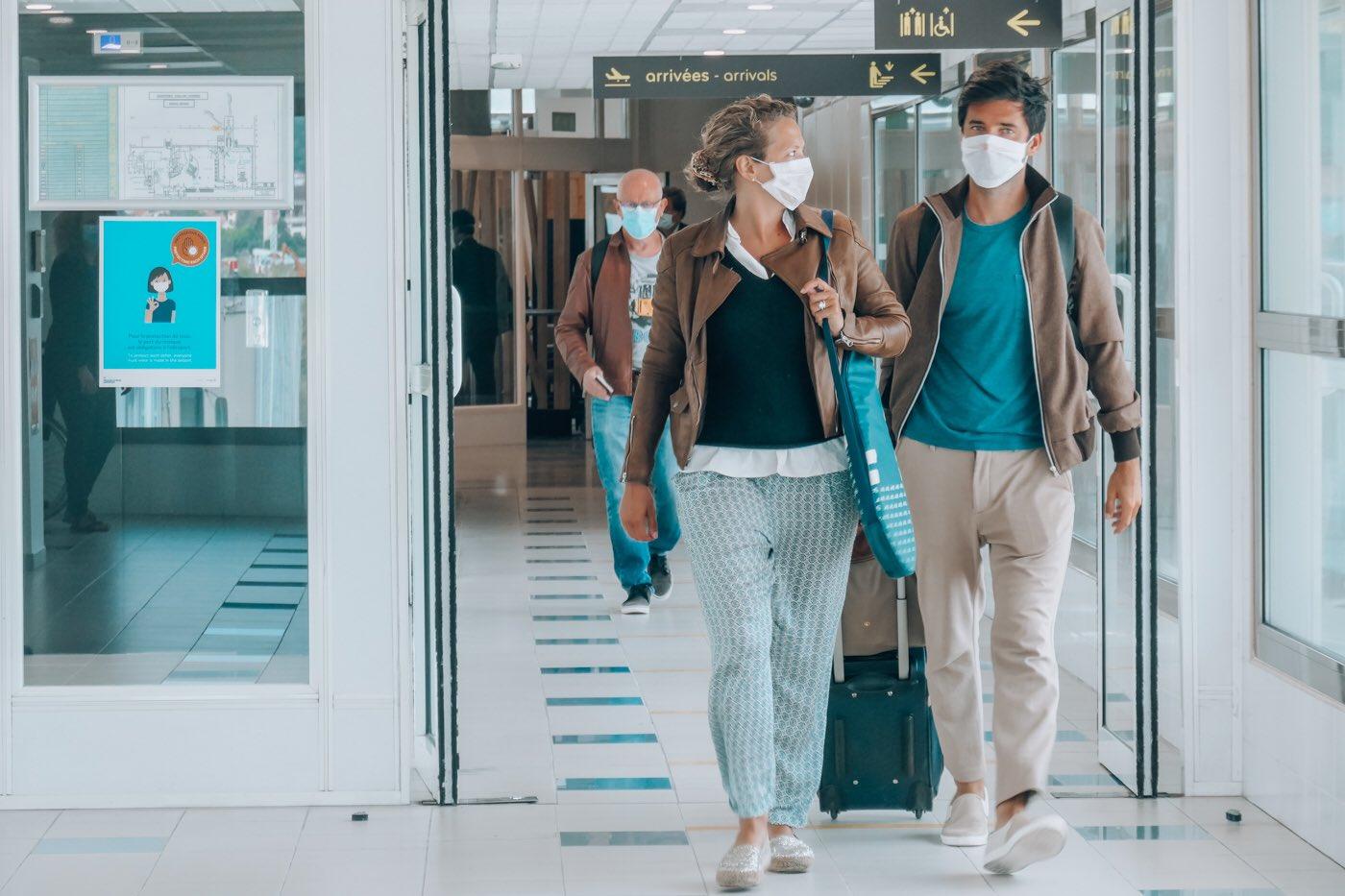
Blanket quarantines of passengers flying between countries should be replaced by risk-based testing protocols backed by health certificates and other tactics that reassure the traveling public amid the COVID-19 pandemic, Airports Council International (ACI) World said Aug. 14.
Expanding on calls for evidence-based measures it has been making for months, the airports body said it will ask the ICAO to develop specific recommendations “informed by scientific and health experts.”
The measures should complement ICAO’s Take-Off Aviation Health Safety Protocols, issued to provide a general framework for mitigating disease-transmission risk during travel by establishing travel “bubbles,” or corridors, employing various tactics, ACI added.
“A risk-based approach would support the concept of travel bubbles, with low-risk countries requiring no testing or quarantine for travel,” ACI world director general Luis Felipe de Oliveira said. “Medium-risk locations might require testing only, with mutual acceptance of test results, and arrivals from high-risk locations might require a combination of testing and a short quarantine to enable the verification of results.”
Many countries are customizing ICAO’s takeoff protocols to fit their needs. Canada on Aug. 14 unveiled its version of a safe-travel plan built around corridors that contain everything from cleaning protocols to advanced air filtration systems. But the plan does not alter quarantines that have severely hampered domestic, international, and transborder traffic—the type of gap targeted by ACI’s push.
The airport association’s call for more targeted risk mitigation comes as the U.K. expands its 14-day quarantine-mandate list to include arrivals from France and the Netherlands.
Such requirements are driving down demand within regions, such as Europe, on long-haul flights between countries, and even within countries, such as Australia, Canada, and the U.S. The latest IATA passenger figures have global traffic falling 60% in 2020, and not recovering until 2024 at the earliest.
ACI’s view is that more strategic measures will protect passengers and workers while supporting travel demand.
“Unilateral national measures, especially a quarantine requirement, is damaging to both the industry and passenger confidence,” de Oliveira said. “Unnecessary quarantine measures are particularly harmful to passenger confidence as international air travelers have no assurance that, if they make flight arrangements, they will be able to return to their place of departure to continue their daily lives.”
ACI recently released a security protocol-focused “playbook” that airports can use to develop tactics for managing a rise in passenger demand and maintaining health protocols. ACI also has called on governments to bear the costs of COVID-19-related public health measures.





